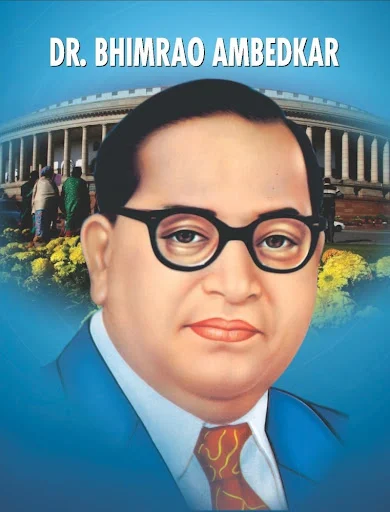The Dawn of Democracy India's Republic Day
Republic Day in India is a celebration of the country's adoption of its Constitution on January 26, 1950. This day holds immense significance as it marks the transformation of India into a sovereign, socialist, secular, and democratic republic. The story of Republic Day traces back to the country's struggle for independence and its journey towards self-governance.
On the historic day of January 26, 1930, the Indian National Congress declared complete independence from British rule. This declaration, known as the Purna Swaraj, laid the foundation for India's eventual freedom. Two decades later, after years of relentless struggle, India finally achieved independence on August 15, 1947. However, the nation did not have a permanent constitution, relying on the modified colonial Government of India Act, 1935.
Dr. B.R. Ambedkar, the chief architect of the Indian Constitution, along with a dedicated Constituent Assembly, worked tirelessly to draft a document that would serve as the guiding light for the newly independent nation. The Constituent Assembly adopted the Constitution on January 26, 1950, replacing the Government of India Act. This date was chosen to honor the Purna Swaraj declaration made two decades earlier.
Republic Day celebrations commence with the hoisting of the national flag by the President of India at the iconic Rajpath in New Delhi. The event is marked by a grand parade showcasing the country's military prowess, cultural diversity, and achievements in various fields. The parade includes vibrant displays of state-of-the-art weaponry, traditional dances, and tableaux representing different states.
The Beating Retreat ceremony on January 29 signals the culmination of Republic Day festivities. This ceremony, held at Vijay Chowk, involves the performance of military bands and a magnificent display of lights. It symbolizes the official end of the Republic Day celebrations.
Republic Day serves as a reminder of the sacrifices made by the freedom fighters and the commitment of the leaders to establish a democratic nation. It reflects the unity in diversity that defines India, showcasing the cultural, linguistic, and regional richness of the country. The celebration instills a sense of patriotism and pride among citizens, reinforcing the values enshrined in the Constitution.
In essence, Republic Day encapsulates the spirit of India's democratic journey, highlighting the ideals of justice, liberty, equality, and fraternity. It stands as a testament to the resilience of a nation that emerged from the shackles of colonialism to become a vibrant, democratic republic.





.jpg)


